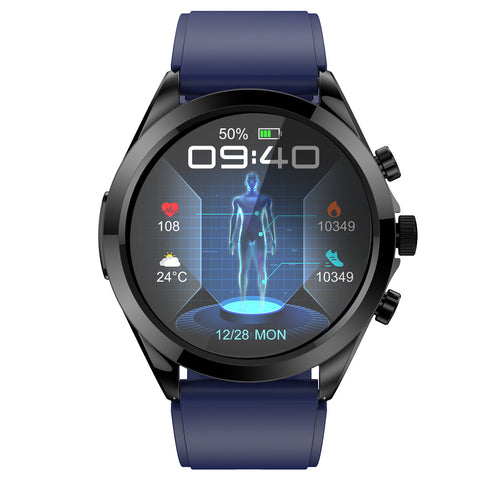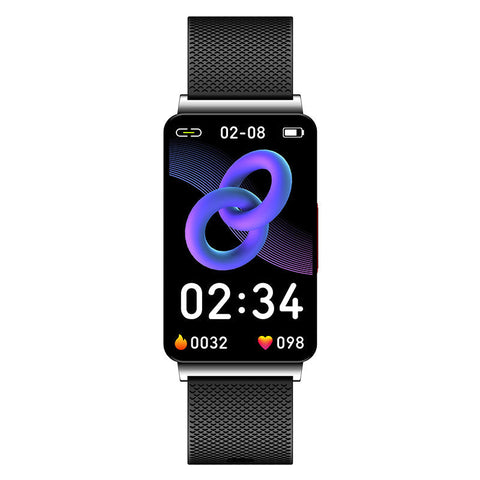Weight Loss: How Drinking Water Before Meals Can Boost Your Results
In the endless pursuit of effective weight loss strategies, a simple yet powerful tactic often gets overlooked: drinking water before meals. Imagine if a single glass of water could help you feel fuller, eat less, and even kickstart your metabolism. Sounds too good to be true? Think again. Backed by science, this easy habit might just be the missing piece in your weight loss puzzle. Let’s dive into how this straightforward practice can transform your approach to shedding pounds and achieving your fitness goals.
Understanding the Basics: Water and Satiety
Satiety, or the feeling of fullness, plays a crucial role in regulating our food intake. When you drink water before a meal, the stomach expands slightly, creating a sensation of fullness. This can potentially lead to reduced calorie intake during the meal. The underlying mechanism is straightforward: with part of the stomach already filled with water, there is less room for food.

Scientific Evidence: What Do Studies Say?
Several studies have explored the relationship between water consumption before meals and weight loss. Here are some key findings:
-
Increased Satiety and Reduced Calorie Intake: A study published in Obesity in 2010 investigated the effects of water consumption on weight loss. Participants who drank 500 ml (about 17 ounces) of water before each meal lost about 44% more weight over 12 weeks compared to those who did not drink water before meals. The researchers attributed this to the increased satiety and reduced calorie intake among water drinkers.
-
Enhanced Metabolism: Another study published in The Journal of Clinical Endocrinology & Metabolism found that drinking 500 ml of water increased metabolic rate by 30% in both men and women. This increase in energy expenditure started within 10 minutes and peaked around 30-40 minutes after water consumption. While this boost in metabolism is temporary, it can contribute to weight loss when combined with regular water intake and a balanced diet.
-
Caloric Reduction and Meal Timing: Research has also shown that drinking water before meals can lead to a reduction in overall calorie intake. A study published in Appetite found that middle-aged and older adults who drank water before breakfast consumed fewer calories during the meal. The timing of water consumption appears to be critical; drinking water immediately before eating had a more pronounced effect on reducing calorie intake than drinking it 30 minutes prior.
The Role of Water in Digestion and Metabolism
Water is essential for numerous bodily functions, including digestion and metabolism. Proper hydration supports the breakdown of food and the absorption of nutrients. Additionally, water is involved in the metabolism of fats and carbohydrates, making it a crucial component of any weight loss strategy.
-
Aiding Digestion: Water helps in the production of digestive enzymes and gastric secretions, which are necessary for the efficient breakdown of food. Drinking water before meals can help prepare the digestive system for the incoming food, promoting smoother digestion and nutrient absorption.
-
Metabolic Processes: Water plays a role in lipolysis, the process of breaking down fats into fatty acids and glycerol. This is crucial for the body's ability to use stored fat as a source of energy. Staying hydrated ensures that metabolic processes run smoothly, supporting overall energy expenditure and weight management.

Practical Tips for Incorporating Water into Your Weight Loss Plan
While drinking water before meals can aid in weight loss, it should be part of a holistic approach that includes a balanced diet, regular physical activity, and healthy lifestyle choices. Here are some practical tips to maximize the benefits of water consumption:
-
Stay Consistent: Make a habit of drinking a glass of water before each meal. Consistency is key to seeing long-term benefits.
-
Monitor Your Intake: Aim for at least 8-10 glasses of water a day, depending on your activity level, climate, and individual needs. Keep a water bottle with you to ensure you stay hydrated throughout the day.
-
Choose Water-Rich Foods: Incorporate foods with high water content into your diet, such as fruits and vegetables. These foods not only provide hydration but also add volume to your meals, promoting satiety with fewer calories.
-
Listen to Your Body: Pay attention to your hunger and thirst cues. Sometimes, the body can mistake thirst for hunger, leading to unnecessary snacking. Drinking water can help you differentiate between the two.
-
Combine with a Balanced Diet: Drinking water alone will not result in significant weight loss if it is not combined with a healthy, balanced diet. Focus on whole foods, lean proteins, healthy fats, and complex carbohydrates.
-
Exercise Regularly: Physical activity increases water needs, so staying hydrated is even more important for active individuals. Drinking water before workouts can improve performance and aid in recovery.
Conclusion: A Simple Yet Effective Strategy
Drinking water before meals is a simple, cost-effective strategy that can support weight loss efforts. The science suggests that it can increase satiety, reduce calorie intake, and even boost metabolism temporarily. However, it is important to remember that water consumption is just one piece of the weight loss puzzle. Combining it with a balanced diet, regular exercise, and healthy lifestyle habits will yield the best results.
Incorporating this habit into your daily routine is easy and accessible, making it a practical addition to any weight loss plan. So, the next time you sit down for a meal, reach for a glass of water first and give your weight loss efforts a refreshing boost.











